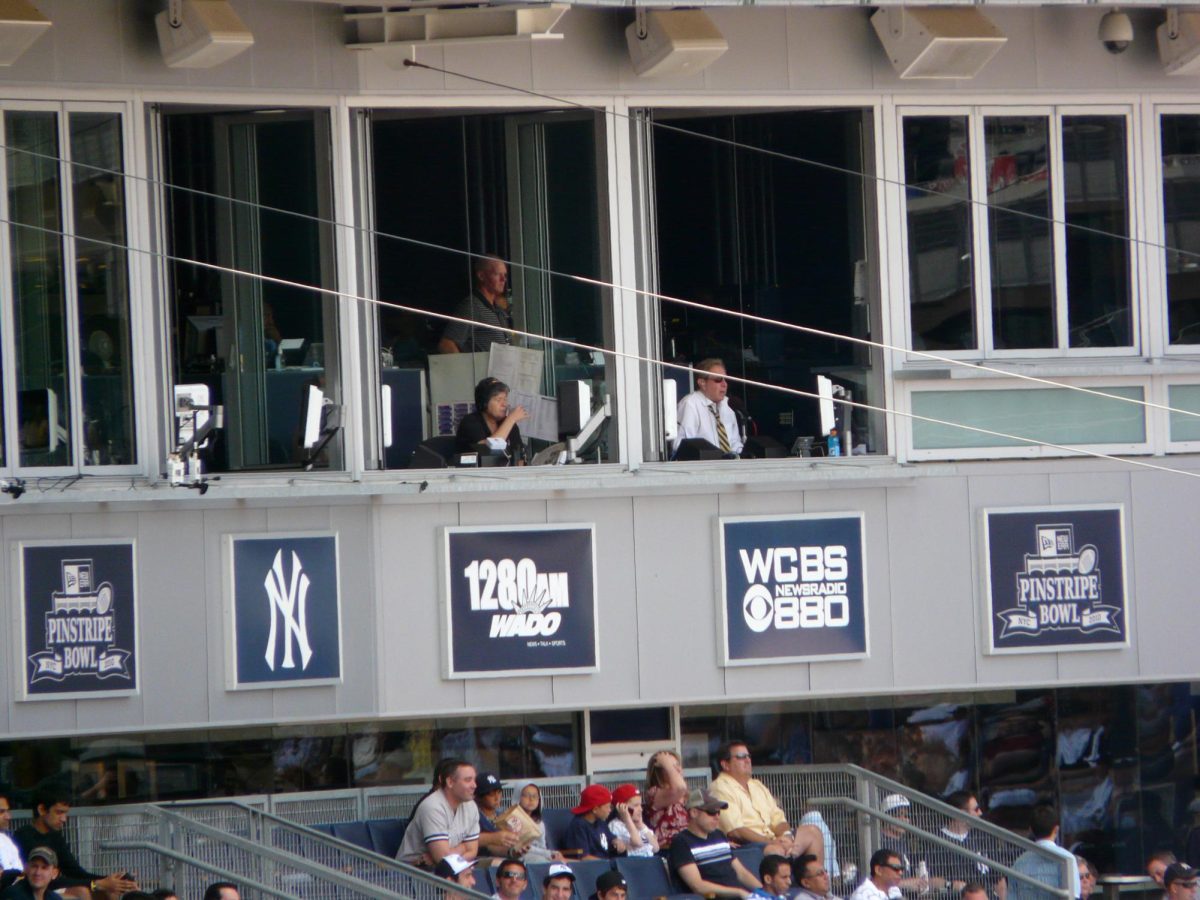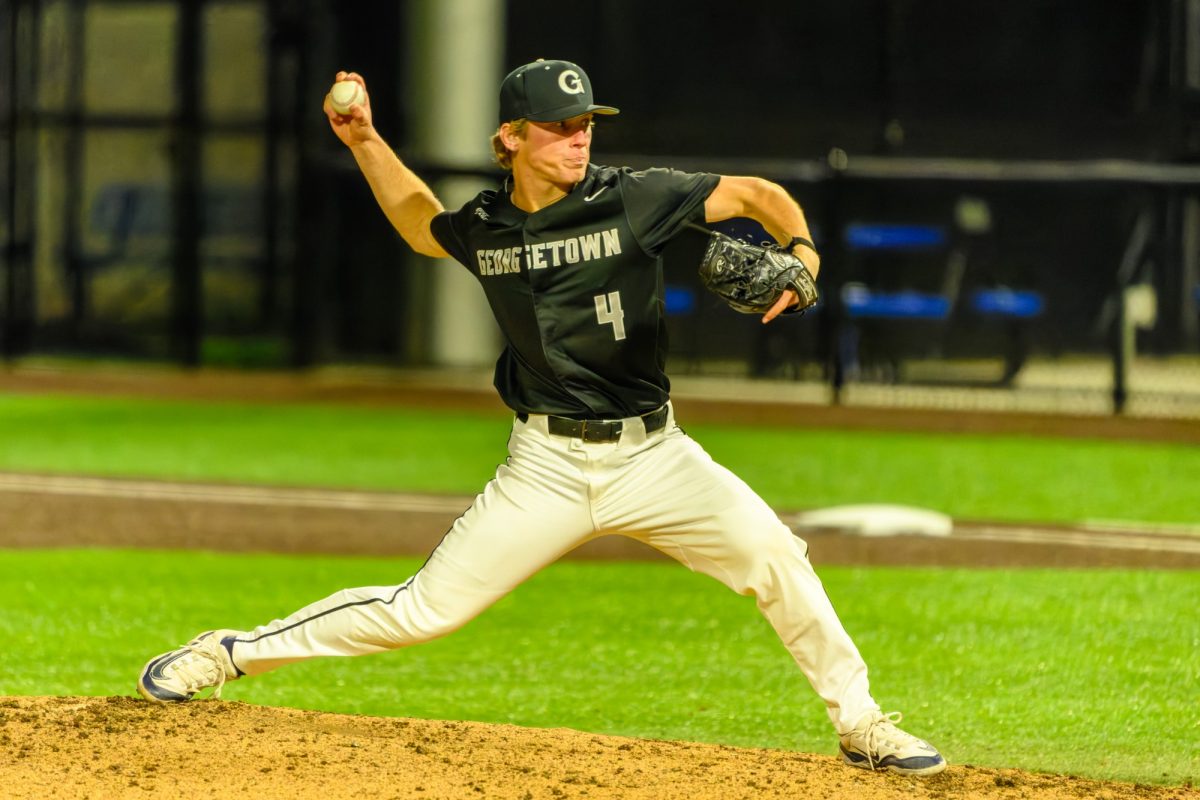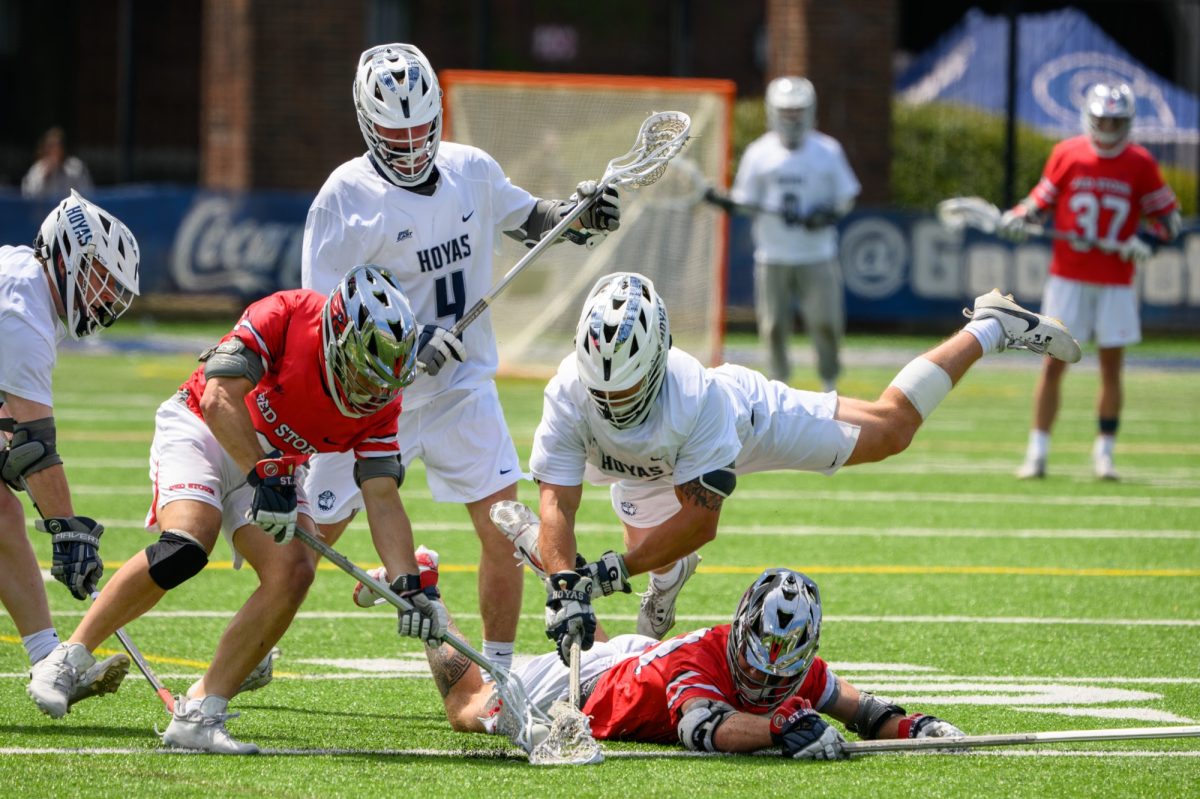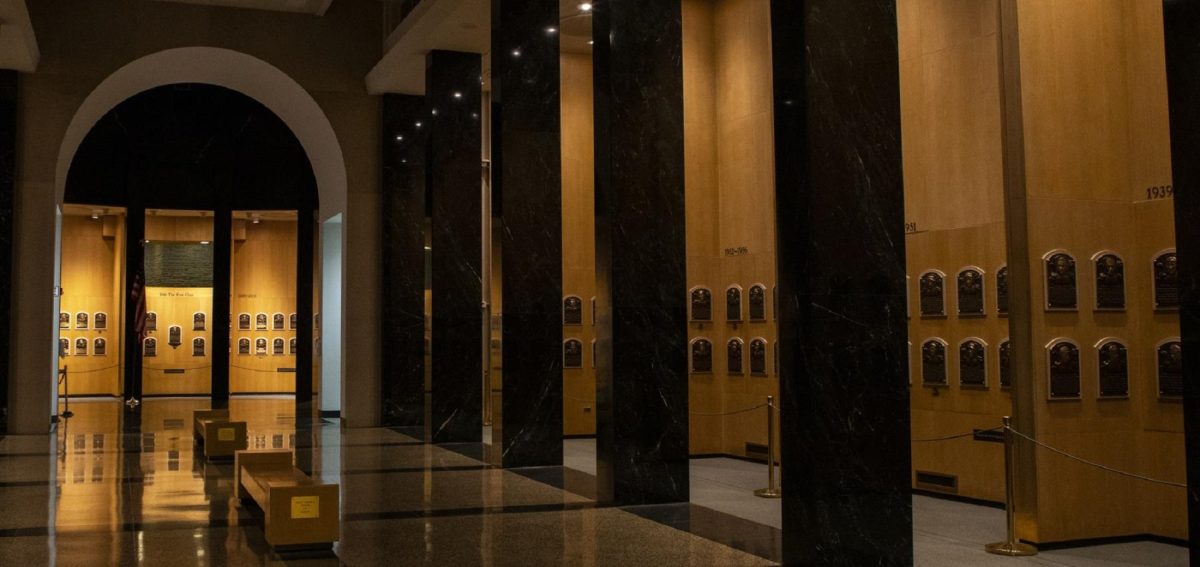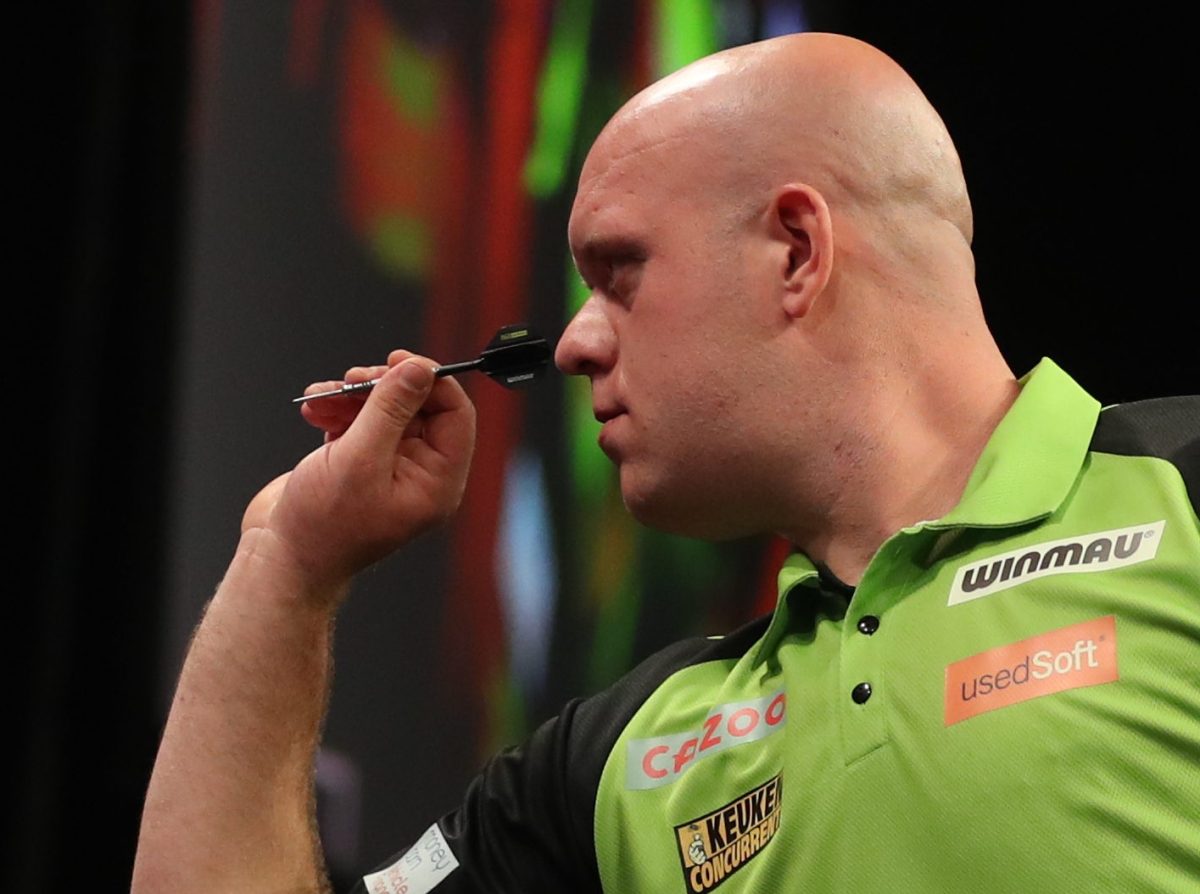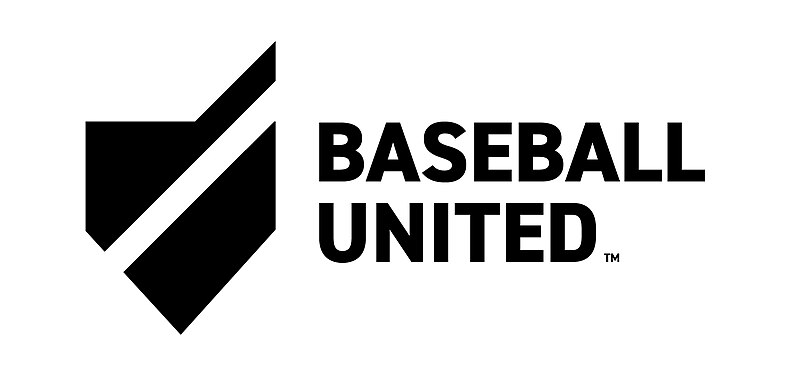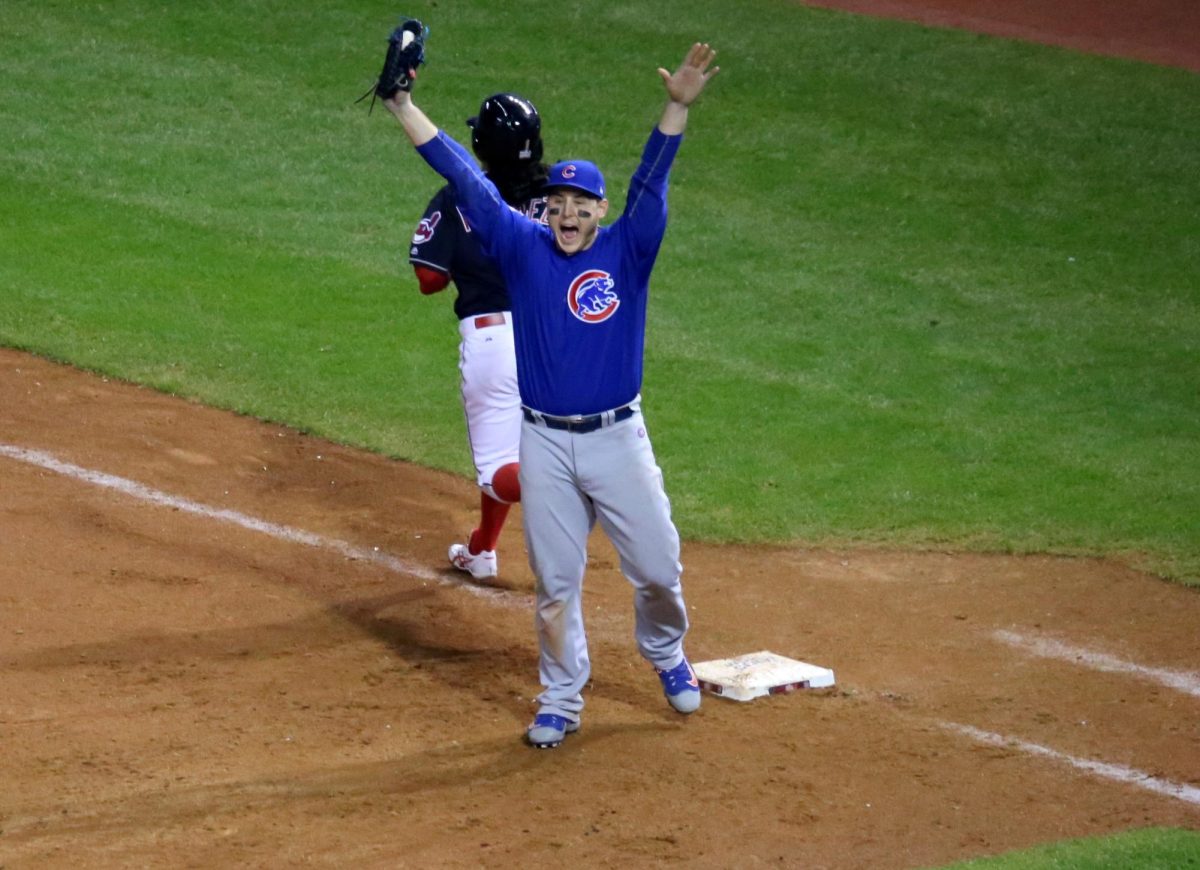When news hit that a racially insensitive email from the majority owner of the Atlanta Hawks led to the sale of his shares, it was only natural that comparisons to former Los Angeles Clippers owner Donald Sterling would ensue. But the circumstances surrounding Bruce Levenson’s exit are extremely different both in a business sense and in what actually transpired. Unlike the Clippers — a large-market team progressing towards the upper echelons of the NBA hierarchy — the Hawks are minnows when it comes to profits and brand recognition. Despite making the 2013 Playoffs and pushing the Pacers to the brink of elimination, the Hawks lost $23.9 million in basketball operations last year. Where Sterling was a stubborn old man desperately fighting to maintain control over his blossoming investment, Levenson is a joint owner of a fringe team. The Atlanta owner did not have a compelling reason to fight the media firestorm he was sure to face, even though his comments were not so bad that he could not have weathered the certain outcry. This isn’t another league force-out, but rather a decision made by free will. As such, undeserved comparisons to Sterling distract us from the trickier dilemma that Levenson’s error has touched upon: what is the appropriate fallout from racism that isn’t overt?
Levenson’s comments — uncovered from a 2-year-old email during an internal investigation on racial sensitivity launched by the organization — were insensitive, but not abhorrent in the manner of Sterling’s. The subject of his email was analyzing the economics of the team’s market, which is an essential practice for profit maximization. For a smaller-market team like the Hawks, such profit maximization is vital for competitiveness, so analyzing socioeconomic and ethnic demographics is understandable. Levenson noted that 70% of fans are black, and wanted to analyze how efficient the Hawks were at reaching all of their demographics. This study was unfortunately a slippery slope that led into the use of stereotypes. This was Levenson’s fatal error. In pondering what contributed to the lopsided attendance demographics, Levinson started to ramble and brainstorm informally, leading to lazy generalizations and subconscious stereotypes that are still too prevalent in our society. He started to mix the attendance statistics with less quantitative observations, hinting but not explicitly relating the two. In one section, he notes that there are fewer fathers and sons at the games right after commenting that all of the music is hip-hop. He also laments that black fans have less spendable income than white fans, and, although he is lamenting socioeconomic realities, the message is uncomfortable: we want more white fans and fewer black fans because it will make us more money.
To label Bruce Levenson a racist would be harsh — at least unless we are willing to label the majority of Americans racist for falling prey to lazy stereotypes. When Levenson talks about the possibility that southern white fans are scared off by the predominantly black crowd, he criticizes this fear as “racist garbage”. His motives are not founded in prejudice but in economics, although whether the economics support a more diverse crowd or not does not change the reckless way in which he analyzed the situation. As a businessman, he is entitled to want to maximize his profits. That is what makes this situation more complex and ultimately more concerning to me than Sterling’s ramblings; the Donald Sterlings of this country are a dying breed, but the subtle impact of racial prejudice on Levenson’s economic analysis is extremely prevalent, though not overtly despicable.
Ultimately, maximizing profits is a defensible endeavor. Our capitalist society rests on the principle that making more money is good, and this uncompromising mindset drives business and competition in this country. But that does not mean we cannot be more careful in sifting through stereotypes. I am not a champion of political correctness for the sake of being politically correct, but if we allow socioeconomic inequalities and stereotypes to mix instead of trying to analyze and root out the source of inequality, then the status quo will not change.
Levenson selling his shares prevents us from seeing how the NBA and the public would handle his ownership in the aftermath of these comments. Undoubtedly, the slippery slope Dallas Mavericks owner Mark Cuban mentioned in the Sterling case will continue, and we will deal with other cases like Levenson’s: complex instances of well-intentioned, but ultimately misinformed trains of thought. Hopefully ,we will respond to these instances not with the furious uproar that the likes of Sterling deserve, but with an instructive debate. Levenson’s comments are unfortunate and wrong, but they aren’t the ramblings of a crazy person. Everything he says is rooted in stereotypes that everyone has heard of and been immersed in for years, and to label them as rare would belittle the issue and let these stereotypes fester indefinitely behind closed doors. This is an opportunity to recognize the problem that misinformed, subtle racism is still prevalent in society, and to tackle it with awareness and informational tactics.
Darius Majd is a senior in the College. The Sporting Life appears every Tueday.







